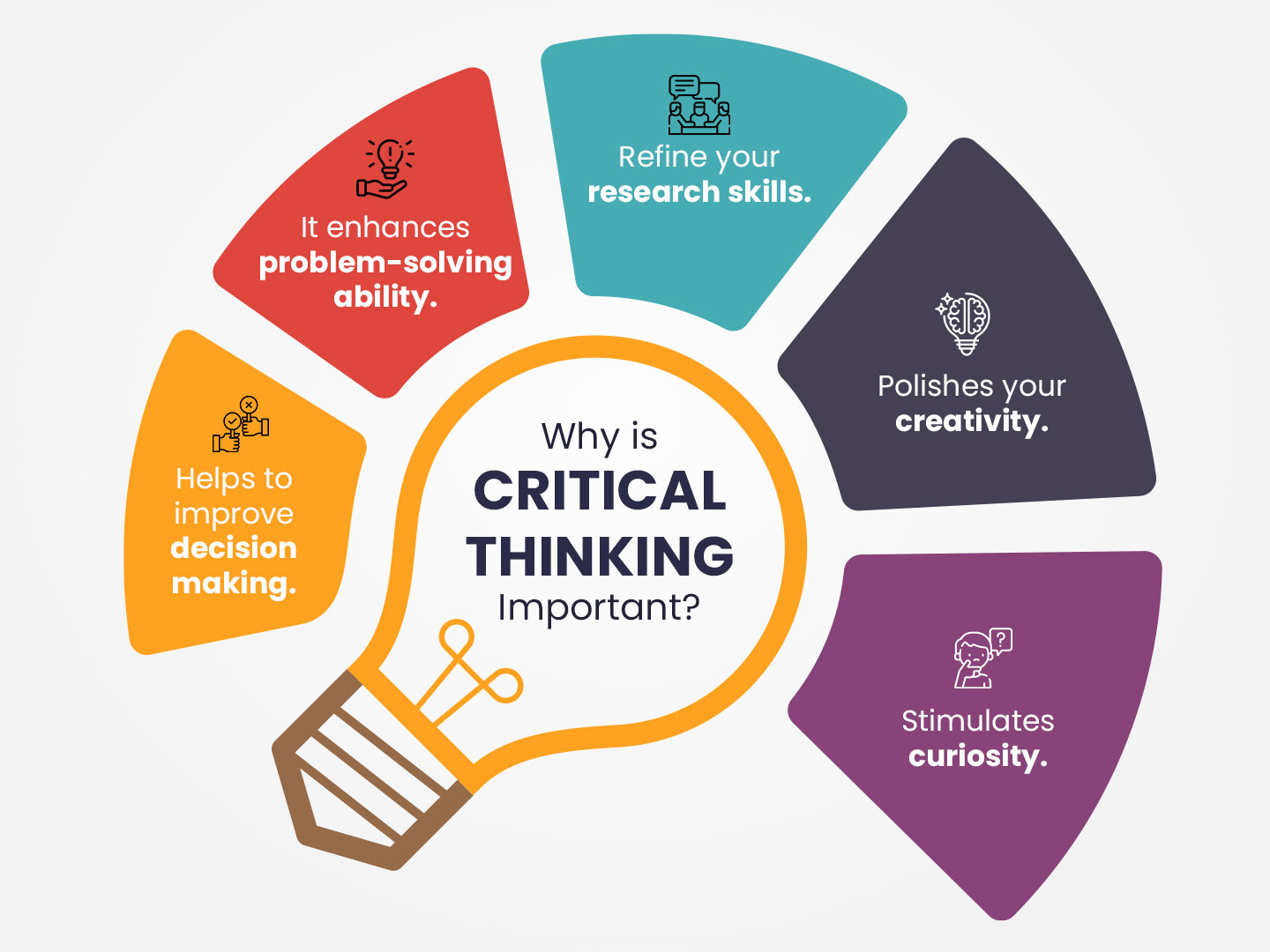Critical Thinking and Media Literacy: Navigating the Information Age
Introduction:
In today’s world, we are bombarded with information from countless sources—news sites, social media, blogs, and more. With so much content available, it’s more important than ever to develop critical thinking and media literacy skills. These skills help us discern fact from fiction, identify biases, and make informed decisions.
What is Critical Thinking?
Critical thinking involves analyzing and evaluating information before accepting it as truth. It requires asking questions, seeking evidence, and considering multiple perspectives. It’s about being curious and skeptical, rather than just accepting information at face value.
What is Media Literacy?
Media literacy is the ability to access, analyze, evaluate, and create media in a variety of forms. It involves understanding who created a message, why it was created, and what its purpose is. Media literacy empowers us to recognize biases, misinformation, and propaganda.
Why Are These Skills Important?
- Avoiding Misinformation: With fake news and misinformation on the rise, critical thinking and media literacy are essential tools to help us identify credible sources and reliable information.
- Making Informed Decisions: Whether it’s voting in an election or making choices about our health, having accurate information is crucial.
- Promoting Healthy Dialogue: Critical thinking encourages us to engage in meaningful conversations, respect different opinions, and challenge our own beliefs.
Tips for Developing Critical Thinking and Media Literacy:
- Question Everything: Don’t take information at face value. Ask who, what, where, when, why, and how.
- Cross-Check Information: Compare information across multiple sources to see if it’s consistent.
- Recognize Biases: Be aware of the biases that both you and the media may have.
- Learn to Identify Reliable Sources: Look for reputable outlets that provide evidence and transparency in their reporting.
- Think Before You Share: Consider the credibility of the content before sharing it on social media.
- Question Everything: Don’t take information at face value. Ask who, what, where, when, why, and how.
- Cross-Check Information: Compare information across multiple sources to see if it’s consistent.
- Recognize Biases: Be aware of the biases that both you and the media may have.
- Learn to Identify Reliable Sources: Look for reputable outlets that provide evidence and transparency in their reporting.
- Think Before You Share: Consider the credibility of the content before sharing it on social media.
Conclusion:
Critical thinking and media literacy are not just academic skills; they are life skills. In a world overflowing with information, they help us navigate through the noise and find what truly matters. By cultivating these abilities, we empower ourselves to become more informed, thoughtful, and engaged citizens.


Comentarios
Publicar un comentario